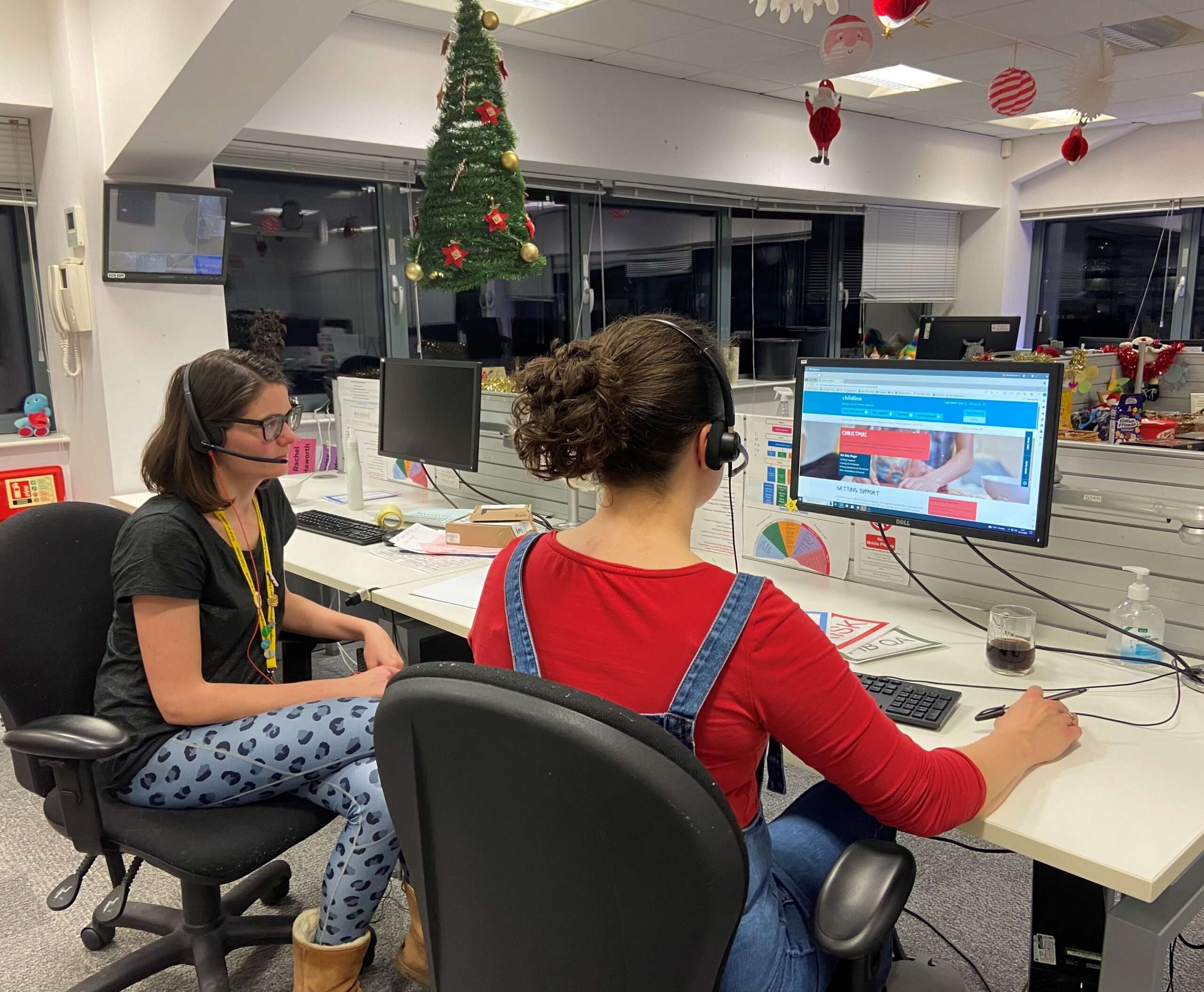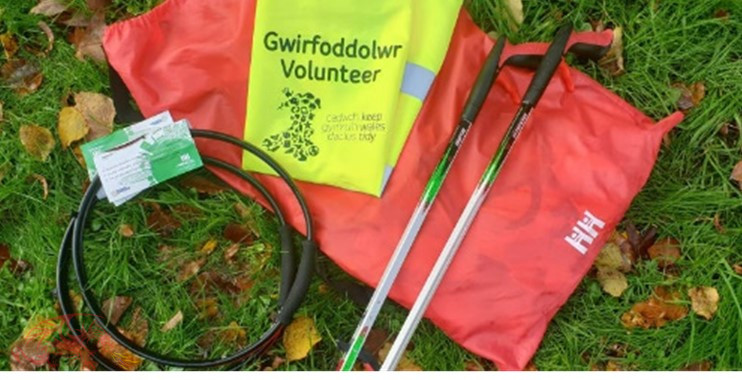AN Ammanford stroke survivor wants more people to understand stroke and help rebuild lives
Father-of-two Dave Jones from Ammanford was just 36 when he had a stroke in 2017. He had a headache and dizziness and had to leave work. His condition worsened and two days later woke up unable to see.
Dave said: “I was fairly young and fit, I regularly went to the gym; I never even considered that I could be having a stroke.
“A scan showed I’d had a bleed in my brain and I was told I was lucky to be alive. When my sight did return I had double vision and I still struggle with short term memory loss, fatigue and controlling my emotions.
“It can make you feel really lonely as people don’t understand why I’m not the same person I once was. Just the other day I wanted to cry for no reason, then was laughing. But people say, ‘he’s over six foot, what’s the matter with him?’ They just don’t understand the different ways a stroke affects you.”
Dave joined a Stroke Association group for younger male stroke survivors in Carmarthenshire, which has been a huge support.
He added: “I found out who my true friends were after the stroke. Some just didn’t interact with me again, so meeting other survivors like me has been so important.
“It’s helped me learn that it’s not about getting back to how you were before the stroke, but about taking smaller steps to rebuild your life in a different way. And you need everyone to understand that so they can support you.”

The charity published its findings to mark the launch of its newest campaign, Rebuilding Lives, which aims to showcase the challenges faced by stroke survivors and those who support them with their recoveries. Other findings reveal the damaging effects that stroke can have on social networks and relationships:
· Over a quarter (27%) of the population don’t know that a stroke occurs in the brain – highlighting a lack of knowledge around the UK’s leading cause of disability.
· Two thirds adults in Wales know someone who has had a stroke but most admit to a lack of awareness and understanding needed to support stroke survivors in their recovery.
· In a separate survey of stroke survivors, more than four out of five (85%) people said the people they had daily contact with did not understand the impact of the stroke.
Startling research unveiled today shows nearly a third (30%) of people(i) in Wales who personally know a survivor of stroke admitting that they are struggling to support them to make their best possible recovery, according to new findings(ii) published today by the Stroke Association.
The research reveals that one important reason for the lack of stroke support for survivors stems from a lack of awareness of what stroke is and how it affects people. Shockingly, more than a quarter (27%) of the UK public(ii) don’t know where in the body a stroke occurs: the brain. For those in Wales that know a stroke survivor, a huge four out of five(i) (82%) feel that a greater understanding of stroke would help them support the survivor better. All this, despite stroke being the country’s leading cause of disability.
The research(i) also found that of those in Wales who know someone personally who has had a stroke:
· More than four out of five (88%) agreed that family and friends play an essential role in the recovery process.
· More than four in ten (41%) of respondents admitted wanting to do more to help the stroke survivor that they knew but lacked the knowledge to do so.
· Almost a quarter (22%) say they do not properly understand the overall impact of the condition.
In a separate survey(iii) of stroke survivors, more than four out of five (85%) of stroke survivors said the people they had daily contact with did not understand the impact of the stroke. This ‘knowledge gap’ is preventing survivors getting the support they need from those closest to them, and stopping survivors from making the best possible recovery to rebuild their lives after stroke.
· More than one in 10 respondents admitted to seeing the survivor less after the latter had a stroke.
· More than one in six of those who know a stroke survivor, admitted spending less time with them because the latter was perceived as not being the same person following the stroke.
· A quarter (25%) said there had been a drop in social activity on the part of the stroke survivor.
Carol Bott, Director of the Stroke Association in Wales, comments: “A stroke happens in the brain, the control centre for who we are and what we can do. The impact varies depending on which part of the brain is affected. It could be anything from wiping out your speech and physical abilities, to affecting your emotions and personality. So, it’s a real challenge for everyone as they come to grips with this life changing event. This report highlights the complexity of stroke and raises the desperate need amongst people to understand the impact of stroke in order to better support their loved ones.
“That’s pretty shocking considering there are almost 70,000 stroke survivors living in Wales, many of whom are reliant on their friends and family, from help with daily living to understanding their emotional and mental health needs.
“It doesn’t have to be this way. We’re urging those people who know someone who has had a stroke to help turn this around. Reach out to the Stroke Association for help so that we can support stroke survivors to rebuild their lives.”
For more information about Rebuilding Lives or about stroke, visit www.stroke.org.uk/rebuildinglives.
For more information about what you can expect after a stroke, the Stroke Association has partnered with the Royal College of Physicians to produce a booklet accessible here: https://tinyurl.com/yyqj638z
Please donate here: Support Carmarthenshire News Online Thank you for supporting independent journalism and contributing to the future of local news in Carmarthenshire. Carmarthenshire News Online has been dedicated to providing unbiased and trustworthy news, free from commercial or political influence. By donating as little as £1, you can help ensure the continuation of this important source of information for the community. Your contribution will have a significant impact on the sustainability of independent journalism. If you're looking to enhance your brand's visibility, we also offer advertising opportunities on our Livestream and podcasts. Our special offers provide excellent value for reaching our engaged audience. To learn more about these opportunities and to discuss your advertising needs, please feel free to call or text us at 07308598604. Thank you again for your support, and together we can ensure the availability of quality local news for Carmarthenshire and beyond.
Please donate here: Support Carmarthenshire News Online






